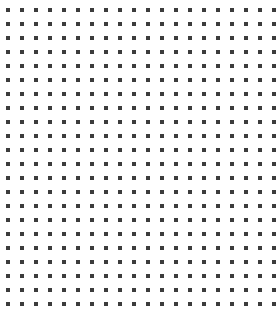



No. People who still owe a lot of money on their existing mortgage may not have sufficient equity to pay off their current mortgage with a reverse mortgage. In such a situation, a reverse mortgage may not be a viable solution for your cash needs.
If you want to sell your home while having a reverse mortgage, perhaps to downsize or move into a retirement home, you should keep in mind that your equity will likely be lower due to the interest and fees added to the loan. That said, there is a chance that the value of your home may have risen over time, allowing you to gain back some equity. Once you sell your home, you will have to repay the loan in full, leaving you with an amount equivalent to the current equity of your home.
A reverse mortgage is a financial tool that provides Canadian seniors 55 and up with cash flow from the equity in their homes. In general, no payments are expected to be made on a reverse mortgage until the home is sold.
Yes, a Reverse Mortgage can be obtained on various types of homes, including condos, apartments, and semi-detached homes.
To be eligible for a reverse mortgage, you need to meet certain requirements. These include being a homeowner, being at least 62 years old, and having sufficient equity in your home. Medical requirements are not necessary. Lenders are obligated to assess the financial situation of every reverse mortgage applicant. This assessment ensures that the borrower has the financial ability to meet mandatory obligations such as property taxes and homeowner's insurance, as specified in the Loan Agreement. If a lender determines that a borrower may struggle with future property tax and insurance payments, they have the authority to allocate a portion of the loan funds to cover these charges.
In a reverse mortgage, interest is applied solely to the funds you receive. You can choose between fixed and variable interest rates. Rather than paying interest from your loan proceeds, it accumulates over the duration of the loan until repayment takes place.

Wait! Don't Leave without speaking to one of our mortgage experts today!
This will close in 0 seconds